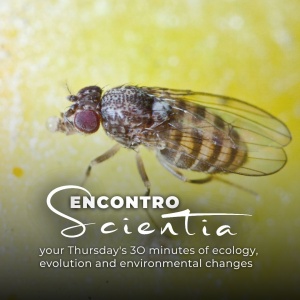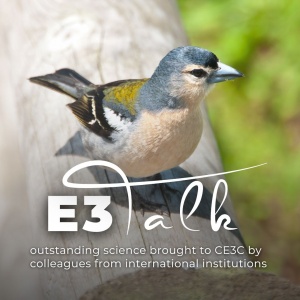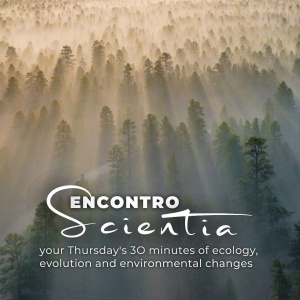E3Talk with Jeanne Tonnabel (Institute of Evolutionary Science of Montpellier, France)
10 May 2024 . 14h00 (Lisbon time) . Room 2.2.14 (FCUL) . In person only
Sexual selection, acting through competition for the access to mates and their gametes, successfully explained numerous reproductive strategies in animals. Sexual selection typically emerges when females produce fewer numbers of larger gametes than males – a situation called anisogamy – which fosters competition among males for accessing the rare ovules. Sexual selection theory should thus be universally valid for all sexually reproducing anisogamous organisms encompassing plants. While the idea that sexual selection acts on plants is largely admitted, most predictions of the sexual selection theory remain untested in the plant kingdom.
I will present results from various experiments that aim at testing fundamental predictions of the sexual selection theory in the hermaphroditic plant Brassica rapa, and decipher the mechanisms by which sexual selection may apply in plants. In particular, we combine paternity analyses, quantitative genetics and experimental evolution to test whether cryptic female choice can act through variation in simple pistil traits.
Tags: E3talk EE sexual selection quantitative genetics experimental evolution






